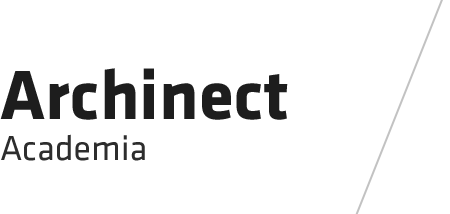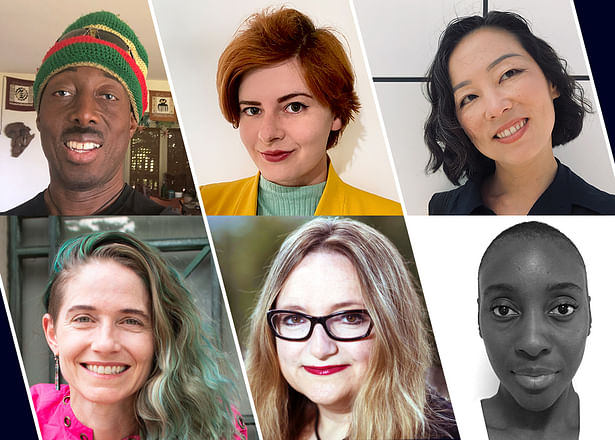
University Park, PA

UNIVERSTY PARK, Pa. — Penn State is hosting a virtual symposium Sept. 23-24 that will explore how architects and designers in related disciplines can gain a better understanding of the impact the built environment has on shaping society’s inequalities, how the decisions they make as design professionals have consequences, and how they can help bring about better social equity in an increasingly polarizing world.
With a theme of “Design Consequences: Taking responsibility for our ideas,” this Stuckeman Research Symposium is being organized by Alexandra Staub, professor of architecture and an affiliate member of the Rock Ethics Institute at Penn State.
Staub received a Racial Justice, Anti-Discrimination and Democratic Practices Grant from the College of Arts and Architecture for the event. Additional funding has been provided by the Harold K. Schilling Memorial Lecture on Science, Technology, and Society endowment of the Rock Ethics Institute; Stuckeman School; Department of Architecture; Stuckeman Center for Design Computing; and the Hamer Center for Community Design.
The symposium is being held in conjunction with the Stuckeman Research Open House, which will highlight the work that has been done within the school’s research centers and units over the past academic year.
“Starting with their formal education, architects and designers in related disciplines are trained to seek solutions to problems that are largely defined through the values and demands of their clients. The needs of additional stakeholders – especially members of marginalized communities – are typically not considered during the design process,” explains Staub. “Because our built environment is a powerful reflection of our culture while also shaping how we live, we need to address how we design and build if we wish to create environments that serve all members of a community, rather than simply those whose financial means put them at an advantage.”
Staub concluded by adding: “Designers are powerful thinkers. We need to tap into that potential to help promote social equity.”
The event, which is being produced and recorded by WPSU, will feature a series of lectures in which speakers will discuss their work and thinking on topics of social equity. This will be followed by roundtable discussions in which the speakers address methods that can bring social equity thinking into the classroom as well as professional practice of design.
Symposium speakers include:
This event is free and open to the public, and registration is not required. To learn more, and for the link to join the symposium, visit the symposium website.
No Comments
Block this user
Are you sure you want to block this user and hide all related comments throughout the site?
Archinect
This is your first comment on Archinect. Your comment will be visible once approved.